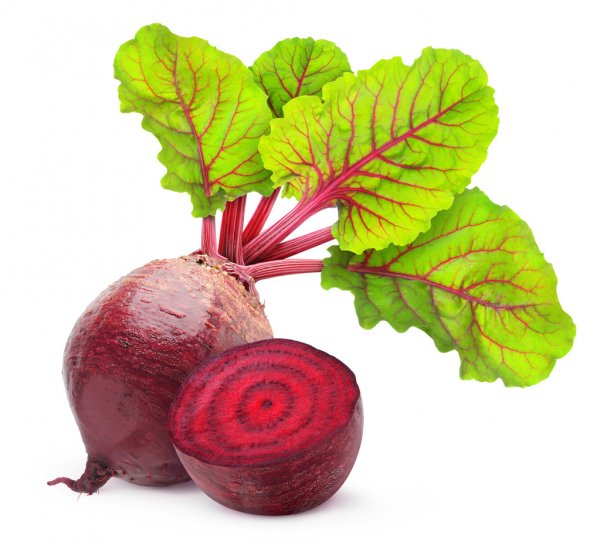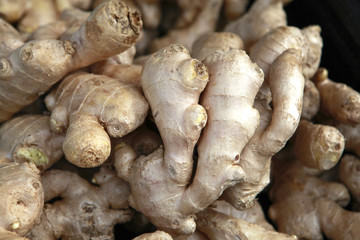What's all the fuss about beetroot?
Aug
8
Nutri Advanced News reported that beetroot provides additional benefits to individuals from Alzheimer’s disease. It is believed that Alzheimer’s may in part be caused by a build-up of sticky protein fragments called beta-amyloid which causes clumping, promotes inflammation and oxidation, and eventually kills nearby brain cells. Researchers identified that betanin in beetroot may help to protect against this process.
In addition, betanin may also help reduce blood pressure, improving digestion, and lowering the risk of diabetes, according to a November 2019 article in Medical News Today (2). Also, the report also says beetroot's green, leafy vegetables such as beet tops provide high levels of dietary nitrate. Cooked beet tops are a great source of iron, vitamin C, vitamin A, magnesium, potassium, and folate.
1. https://www.nutriadvanced.co.uk/news/can-beetroot-help-to-protect-against-alzheimers/
2. https://www.medicalnewstoday.com/articles/277432











